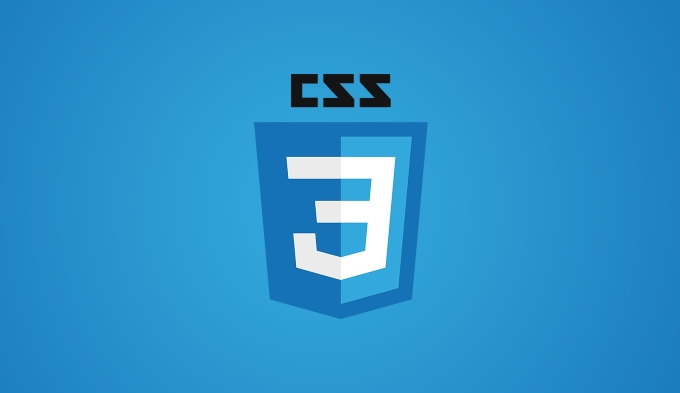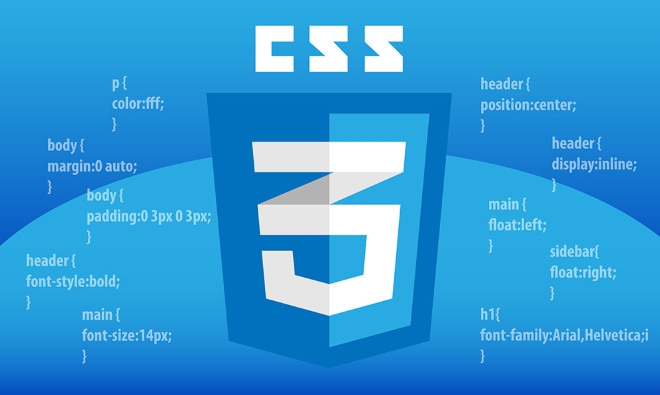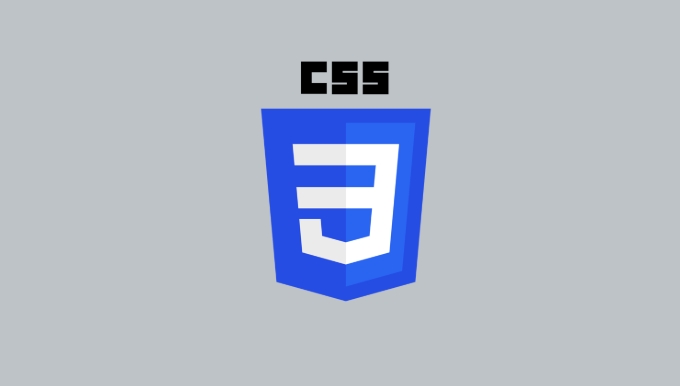The box-shadow property of CSS is used to add shadow effects around elements to enhance visual hierarchy and appeal. 1. The basic syntax includes offset-x, offset-y, blur-radius, spread-radius, color and inset parameters; 2. It is often used in card design, buttons, input boxes and other scenarios; 3. Using rgba colors, controlling blur and extended values, combining transition effects and performance testing are key techniques when using it; 4. Complex effects can be achieved by separating multiple shadow values.

The box-shadow property in CSS is used to add shadow effects around an element's box. It helps create depth and visual interest, making elements stand out from the background. You can control the appearance of the shadow using various parameters like offset, blur radius, spread radius, and color.

Basic Syntax and Parameters
The general syntax for box-shadow looks like this:
box-shadow: [inset] [offset-x] [offset-y] [blur-radius] [spread-radius] [color];
Here's what each part means:

- offset-x : how far the shadow extends horizontally (positive to the right, negative to the left)
- offset-y : how far the shadow extends vertically (positive downward, negative upward)
- blur-radius (optional) : higher values make the shadow blurrier
- spread-radius (optional) : expands or contracts the shadow size
- color (optional) : sets the color of the shadow
- inset (optional keyword) : puts the shadow inside the element instead of outside
You can apply multiple shadows by separating them with commas.
Common Use Cases
box-shadow is widely used in modern web design for a variety of purposes:

- Card designs : Adding subtle shadows under cards make them appear lifted off the page.
- Buttons : A slight inset shadow can give a pressed effect on button click.
- Input fields : Light shadows help highlight active input areas.
- Separation from background : Shadows can help distinguish elements from their background without using borders.
A typical example might be applying a soft shadow to a .card element:
.card {
box-shadow: 0 4px 8px rgba(0, 0, 0, 0.1);
}This creates a gentle drop shadow that gives the card a floating look.
Tips for Effective Use
Using box-shadow well takes more than just slapping on some values. Here are a few practical tips:
- Use rgba colors with transparency : This often looks more natural than solid black shadows.
- Avoid overdoing blur and spread : Too much can make your layout look cluttered or unprofessional.
- Combine with transitions : Smoothly animate shadow changes on hover for better interaction.
- Test performance : While usually lightweight, excessive use of heavy shadows can impact rendering performance, especially on mobile devices.
Also, keep in mind that you can layer multiple shadows to achieve more complex effects — just separate each set of values with a comma.
That's the main idea behind box-shadow . It's not complicated, but it does require a bit of tweaking to get it looking right in different contexts.
The above is the detailed content of What is the purpose of the CSS `box-shadow` property?. For more information, please follow other related articles on the PHP Chinese website!

Hot AI Tools

Undress AI Tool
Undress images for free

Undresser.AI Undress
AI-powered app for creating realistic nude photos

AI Clothes Remover
Online AI tool for removing clothes from photos.

Clothoff.io
AI clothes remover

Video Face Swap
Swap faces in any video effortlessly with our completely free AI face swap tool!

Hot Article

Hot Tools

Notepad++7.3.1
Easy-to-use and free code editor

SublimeText3 Chinese version
Chinese version, very easy to use

Zend Studio 13.0.1
Powerful PHP integrated development environment

Dreamweaver CS6
Visual web development tools

SublimeText3 Mac version
God-level code editing software (SublimeText3)
 What are common CSS browser inconsistencies?
Jul 26, 2025 am 07:04 AM
What are common CSS browser inconsistencies?
Jul 26, 2025 am 07:04 AM
Different browsers have differences in CSS parsing, resulting in inconsistent display effects, mainly including the default style difference, box model calculation method, Flexbox and Grid layout support level, and inconsistent behavior of certain CSS attributes. 1. The default style processing is inconsistent. The solution is to use CSSReset or Normalize.css to unify the initial style; 2. The box model calculation method of the old version of IE is different. It is recommended to use box-sizing:border-box in a unified manner; 3. Flexbox and Grid perform differently in edge cases or in old versions. More tests and use Autoprefixer; 4. Some CSS attribute behaviors are inconsistent. CanIuse must be consulted and downgraded.
 Describe the `vertical-align` property and its typical use cases
Jul 26, 2025 am 07:35 AM
Describe the `vertical-align` property and its typical use cases
Jul 26, 2025 am 07:35 AM
Thevertical-alignpropertyinCSSalignsinlineortable-cellelementsvertically.1.Itadjustselementslikeimagesorforminputswithintextlinesusingvalueslikebaseline,middle,super,andsub.2.Intablecells,itcontrolscontentalignmentwithtop,middle,orbottomvalues,oftenu
 What is the accent-color property?
Jul 26, 2025 am 09:25 AM
What is the accent-color property?
Jul 26, 2025 am 09:25 AM
accent-color is an attribute used in CSS to customize the highlight colors of form elements such as checkboxes, radio buttons and sliders; 1. It directly changes the default color of the selected state of the form control, such as changing the blue check mark of the checkbox to red; 2. Supported elements include input boxes of type="checkbox", type="radio" and type="range"; 3. Using accent-color can avoid complex custom styles and extra DOM structures, and maintain native accessibility; 4. It is generally supported by modern browsers, and old browsers need to be downgraded; 5. Set accent-col
 How to compile SCSS to CSS?
Jul 27, 2025 am 01:58 AM
How to compile SCSS to CSS?
Jul 27, 2025 am 01:58 AM
InstallDartSassvianpmafterinstallingNode.jsusingnpminstall-gsass.2.CompileSCSStoCSSusingthecommandsassinput.scssoutput.css.3.Usesass--watchinput.scssoutput.csstoauto-compileonsave.4.Watchentirefolderswithsass--watchscss:css.5.Usepartialswith_prefixfo
 How to change text color in CSS?
Jul 27, 2025 am 04:25 AM
How to change text color in CSS?
Jul 27, 2025 am 04:25 AM
To change the text color in CSS, you need to use the color attribute; 1. Use the color attribute to set the text foreground color, supporting color names (such as red), hexadecimal codes (such as #ff0000), RGB values (such as rgb(255,0,0)), HSL values (such as hsl(0,100%,50%)), and RGBA or HSLA with transparency (such as rgba(255,0,0,0.5)); 2. You can apply colors to any element containing text, such as h1 to h6 titles, paragraph p, link a (note the color settings of different states of a:link, a:visited, a:hover, a:active), buttons, div, span, etc.; 3. Most
 CSS transitions tutorial
Jul 26, 2025 am 09:30 AM
CSS transitions tutorial
Jul 26, 2025 am 09:30 AM
CSStransitionsenablesmoothpropertychangeswithminimalcode,idealforhovereffectsandinteractivefeedback.1.Usethesyntaxtransition:propertydurationtiming-functiondelay;todefinetransitions,liketransition:background-color0.3sease0.1s;.2.Specifytransition-pro
 How to purge unused CSS?
Jul 27, 2025 am 02:47 AM
How to purge unused CSS?
Jul 27, 2025 am 02:47 AM
UseautomatedtoolslikePurgeCSSorUnCSStoscanandremoveunusedCSS;2.IntegratepurgingintoyourbuildprocessviaWebpack,Vite,orTailwind’scontentconfiguration;3.AuditCSSusagewithChromeDevToolsCoveragetabbeforepurgingtoavoidremovingneededstyles;4.Safelistdynamic
 HTML `style` Tag: Inline vs. Internal CSS
Jul 26, 2025 am 07:23 AM
HTML `style` Tag: Inline vs. Internal CSS
Jul 26, 2025 am 07:23 AM
The style placement method needs to be selected according to the scene. 1. Inline is suitable for temporary modification of single elements or dynamic JS control, such as the button color changes with operation; 2. Internal CSS is suitable for projects with few pages and simple structure, which is convenient for centralized management of styles, such as basic style settings of login pages; 3. Priority is given to reuse, maintenance and performance, and it is better to split external link CSS files for large projects.






